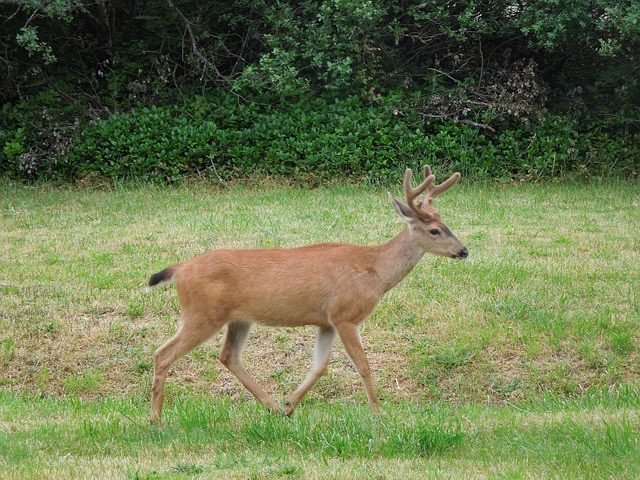Taking a look at the ethics of trophy hunting


Valentine’s Day means different things to everyone, typically a day for romantic activities with loved ones, or eating a big box of chocolates all by yourself.
This year for avid hunter, Merelize van der Merwe, it meant killing a giraffe for sport. On the day prior to Valentine’s Day, Merwe posted a photo on her Facebook posing enthusiastically in front of a dead giraffe with a rifle in her hand.
She also posted a video showing the giraffe being shot twice to assure it’s death. On Valentine’s Day itself, Merelize posted a picture of herself holding the giraffe’s heart with the caption, “I’m absolutely over the moon with my BIG valentines present!!!”
Unsurprisingly, this caused quite the uproar with her posts constantly being reported and thousands of people signing a petition to have Merwe removed from Facebook, neither of which have happened yet.
However, the case of Merelize van der Merwe can certainly open up a discussion about the ethics of trophy hunting and whether or not Merwe’s actions are justifiable.
To get a better insight on ethics in general, I had a talk with Dr. Byron Williston, philosophy professor at Laurier.
He first emphasized the need to differentiate between the various types of hunting, stressing that the motives involved makes the difference.
He made his stance clear, mentioning that if the hunting is culturally rooted or necessary for the subsistence of a given cultural group, then the hunting is often justifiable.
However in a situation where the purpose of the hunt is to capture a ‘trophy’ he said, “it’s extremely difficult to find any grounds for declaring it to be ethically justified.”
On the subject of justifying such hunting, Merwe had several such justifications for this particular hunting expedition.
In her original Facebook post, posing with the deceased animal, she discussed how she searched for several months trying to find the perfect giraffe, eventually finding one that had extremely dark spots—indicating very old age.
In addition, she mentioned how the endeavor provided work for eleven South African locals and provided meat for even more locals to eat. It is also important to mention that she also apparently plans on turning the giraffe hide into a rug.
Williston said that if the only purpose of the hunt was to help the locals—and there were no alternative intentions—then perhaps the action is justified.
However, Merwe posing with the animal and using it as furniture seems to suggest an ulterior motive.
On the point of the giraffe being old, Williston pointed out, “Nature has its own way of doing that, it doesn’t require the help of human beings.”
At one point, I showed Williston the—rather graphic—Facebook pictures. He pointed out that Merwe seems to show little regret in the pictures of her posing with the animal, seeing her smile in the majority of them.
This calls into question Merwe’s self-portrayed altruistic intentions.
“I’m pretty suspicious of those justifications,” Williston said. “[It’s] just a way [to] cover up the fact that she is engaged in a fairly vicious bit of behavior.”
Williston stressed the need to differentiate between killing a safe animal versus killing an endangered one. When we’re looking at the larger ecological impact of killing an endangered species, the action has a much more devastating impact on the ecosystem rather than if we killed a more populous animal—like a cow, chicken or pig.
When we kill an endangered animal, we run the risk of eventually making that animal extinct which will have massive consequences on the ecosystem.
Williston summed up the situation well, saying, “[trophy hunting] is a really, really bad symbol of the human domination of nature that we can kill these magnificent beasts, essentially for the hell of it.”
Is trophy hunting really worth it? Are there not less destructive means of sport? Trophy hunting has remained a controversial topic for several decades and it will continue to be for many decades more.
However it’s important to step back and look over the positives and the negatives of such a bloody activity. Is killing these magnificent beasts really the most productive use of our time?

